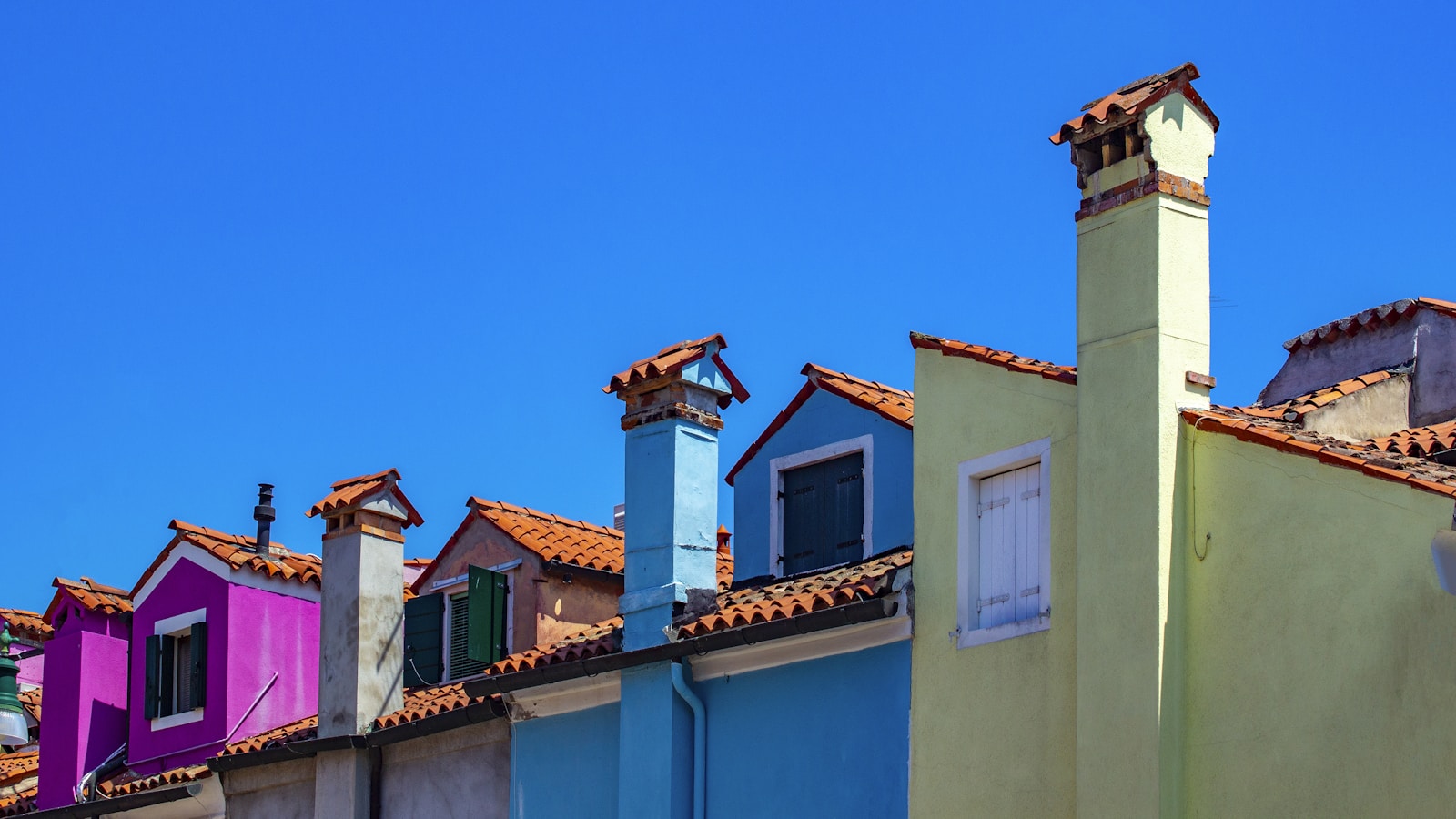
maison

house
The French word for 'house' is 'maison'. It is used in the same context as in English, referring to a building for habitation by people. In most cases, a 'maison' is a free-standing structure, as opposed to an apartment or flat ('appartement' in French).
Example sentences using: maison
J'aime beaucoup ma maison.

I like my house very much.
This is a simple sentence expressing a sentiment towards a personal belonging, the house. 'J'aime beaucoup' translates to 'I like very much', 'ma' is 'my', and 'maison' is 'house'.
La maison est grande.

The house is big.
This sentence is describing a house broadly. 'La Maison' is 'The House', 'est' is 'is', and 'grande' is 'big'.
Où est la maison?

Where is the house?
This sentence could be used when asking for directions. 'Où' is 'where', 'est' is 'is', and 'la maison' is 'the house'.
Elle achète une maison.

She is buying a house.
This sentence is about someone in the process of purchasing a house. 'Elle' means 'she', 'achète' translates to 'is buying', and 'une maison' is 'a house'.
J'ai perdu ma maison dans l'incendie.

I lost my house in the fire.
This sentence is expressing a tragic event. 'J'ai perdu' is 'I lost', 'ma maison' is 'my house', and 'dans l'incendie' is 'in the fire'.
Il construit sa maison.

He is building his house.
This sentence is showing someone in the process of constructing a house. 'Il' is 'he', 'construit' is 'is building', and 'sa maison' is 'his house'.
La maison est ancienne.

The house is old.
This sentence is describing the age of a house. 'La Maison' is 'The House', 'est' is 'is', and 'ancienne' is 'old'.
La maison est proche de l'école.

The house is near the school.
This sentence describes the location of a house. 'La maison' is 'the house', 'est' is 'is', 'proche de' is 'near to', and 'l'école' is 'the school'.
Je rentre à la maison.

I am going home.
This sentence talks about the speaker returning home. 'Je rentre' is 'I am going', and 'à la maison' is 'home'. In French, 'home' is often represented by 'la maison'.
C'est une belle maison.

It's a beautiful house.
This sentence is complimenting a house. 'C'est' is 'It is', 'une belle' is 'a beautiful', and 'maison' is 'house'.